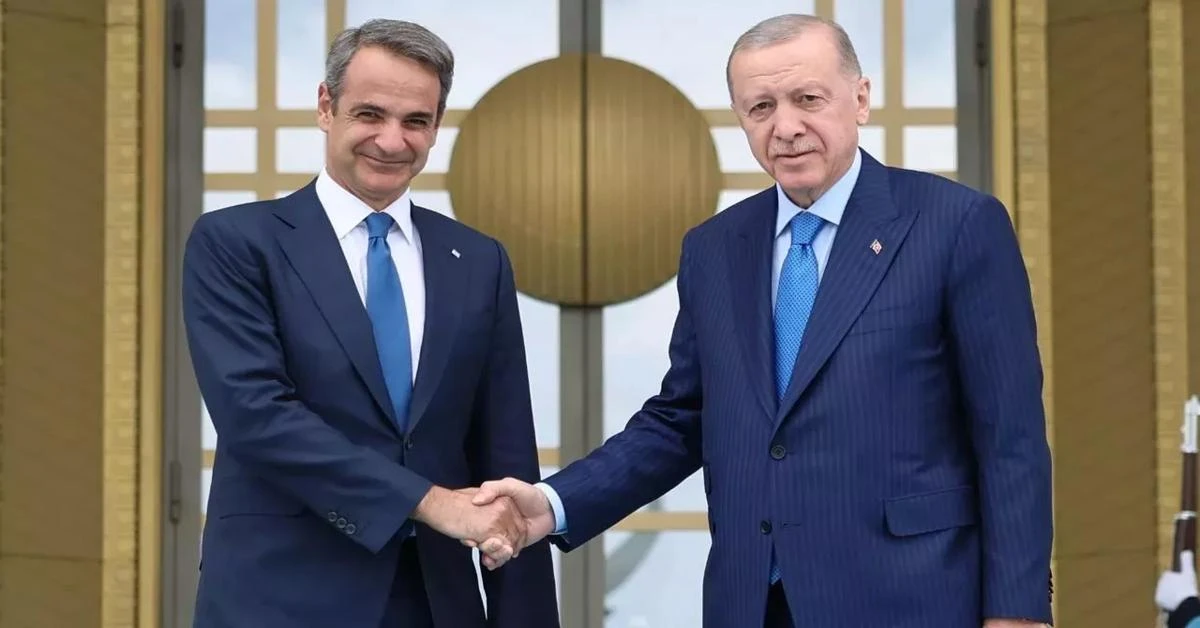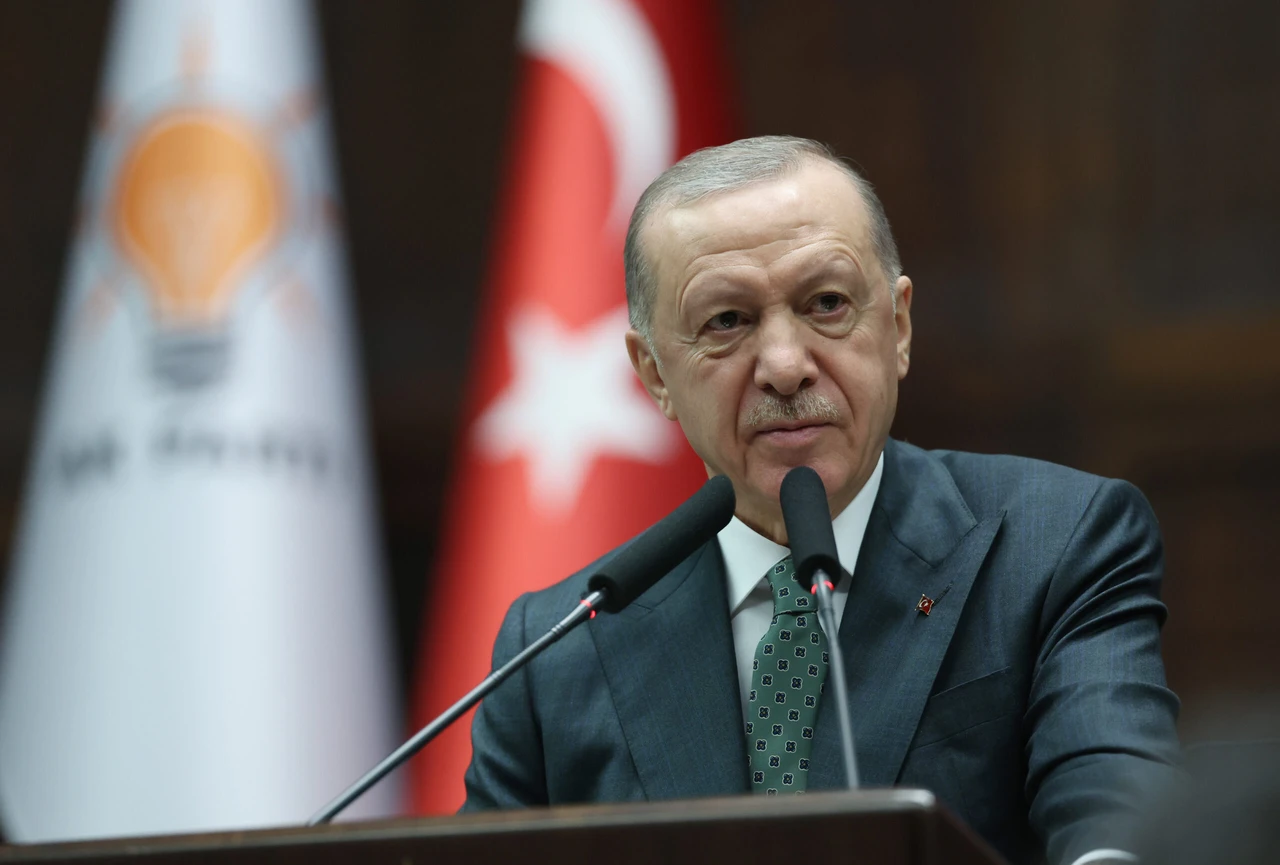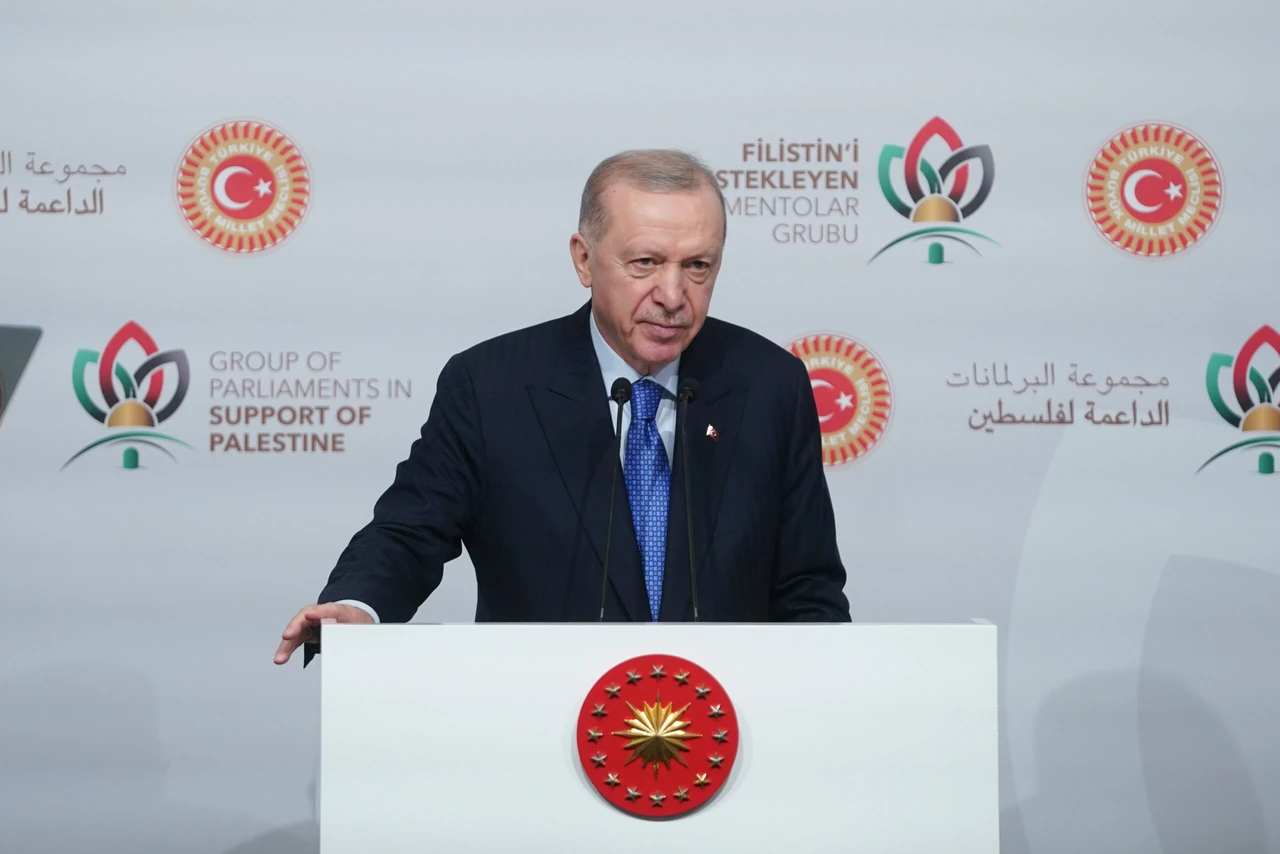Why is Erdogan and Mitsotakis’ meeting so important?

Experts reveal underlying complexities and strategic diplomacy redefining Greek-Turkish relations
Exclusive by Selin Hacialioglu — On May 13, the international spotlight turned to the diplomatic engagement between President Recep Tayyip Erdogan and Greek Prime Minister Kyriakos Mitsotakis.
This meeting is set against a historical canvas of intermittent tensions and disputes between Greece and Türkiye. Thus, it serves as a critical juncture in their attempts to fortify diplomatic ties and bridge the rift created by longstanding disagreements over territorial, maritime and cultural issues.
Türkiye Today interviewed experts to know the broader implications of the meeting between the Turkish and Greek leaders reshaping the future of regional politics.
The first expert, Dr. Vassilis Nedos has a rich background as a Diplomatic and Defense Correspondent for the Greek Kathimerini newspaper, with a doctorate in European History. His deep understanding of the dynamics of Greek-Turkish relations, complemented by an acute knowledge of NATO and EU diplomatic strategies, offers a nuanced perspective on the potential impacts of these high-level talks.
The second expert, Dr. Kadir Ertac Celik, is a lecturer at Ankara Haci Bayram Veli University and a consultant in international relations at ANKASAM. He comprehensively views geopolitical strategies, American foreign policy, and the historical undercurrents affecting Turkish-Greek relations.
His analyses are grounded in a thorough understanding of international relations theories and the complexities of security and strategic diplomacy.
Diplomatic dynamics between Greece, Türkiye
Vassilis Nedos explained the main goal of the upcoming meeting, underscoring: “The primary objective of the upcoming meeting between the leaders appears to be maintaining open communication channels,” noting the success of these channels since their establishment at the NATO summit in Vilnius in July 2023.
Meanwhile, Dr. Kadir Ertac Celik offers a historical perspective: “Greek-Turkish relations have faced challenges since the dissolution of the Ottoman Empire from the global political stage.”
“The Lausanne Treaty addressed some of these issues, yet several remain unresolved. These include disputes over sovereignty in the Aegean Sea, airspace disagreements, and policies concerning minority assimilation,” he said.
Maritime zones and security between Greece, Türkiye
Dr. Nedos discussed the contentious issue of maritime boundaries by saying: “There has been no significant tension in this area since February 2023, a period spanning 15 months. The Confidence Building Measures (CBMs) have been generally adhered to.”
However, he also suggested that “exploratory contacts, historically facilitated intensive and detailed discussions between the diplomats of both nations and could be reinitiated specifically to address air and sea disputes, including issues related to territorial waters and airspace.”
On the other hand, Dr. Celik suggested that “Athens has been pursuing a revisionist approach in power dynamics, which has implications for Türkiye. This strategy involves leveraging perceived threats from Russia and exploiting regional and global fluctuations as justifications. Athens is engaging with major global players like the United States and NATO to advance its agenda.”
“Key actions include the proliferation of NATO and U.S. bases in Greece, which bolster military capabilities on islands, assert sovereignty in the Eastern Mediterranean through initiatives like the Seville Projection, and influence regional dynamics with projects such as EASTMED,” explained Dr. Celik.
He emphasized that the challenges between Greece and Türkiye stem from “structural challenges rather than temporary circumstances,” suggesting that the current normalization efforts “may not offer permanent solutions to these complex problems.”
Despite these challenges, maintaining open communication channels and enhancing dialogue is critical. Dr. Celik believed that “maintaining open communication channels and enhancing dialogue can play a crucial role in averting potential crises and fostering a problem-solving mindset.”
He advocated for “promoting constructive engagement and seeking common ground,” as these efforts can lead both parties to address the underlying structural issues and achieve lasting stability in their relations.
Cultural and historical matters between Greece, Türkiye
On the cultural front, Dr. Nedos addressed recent controversies, such as the conversion of historical sites. “The decision to convert the Chora Monastery into a mosque does not directly relate to Greek-Turkish relations,” he suggested, adding: “While these are decisions within the sovereign rights of a country, they can lead to significant public backlash and impact bilateral relations.”
“Greece has voiced its concerns through UNESCO since this conversion is fundamentally a sovereign decision by the Turkish government,” he added.
Dr. Celik discussed the manipulation of public sentiments in Greece, particularly regarding the Kariye Mosque conversion: “In nationalist circles within Greek public opinion, there’s an ongoing manipulation of sentiments surrounding the decision regarding the Kariye Mosque, which was made four years ago. However, the recent resurgence of reactions suggests a deliberate attempt to sabotage the ongoing normalization process.”
However, he added: “Greek Foreign Minister G. Gierapetritis’ measured approach to the Kariye Mosque issue indicates Greece’s commitment to maintaining the current normalization phase. Consequently, this significant decision may be downplayed by Greek leadership to manage public sentiment within Greece and sustain the progress toward normalization.”
Regional Impacts and the EU between Greece, Türkiye
Dr. Nedos explained Türkiye’s relationship with the EU and NATO, saying: “This has to do with how Türkiye’s current leadership views the country’s role over the next decade or so. It seems a special relationship with the EU is a goal shared by most major EU countries.”
The expert noted, “Greece consistently supports full EU membership for Türkiye.”
NATO’s cohesion was notably strong during the Ukraine crisis, but it may face new tests in the months ahead. Türkiye will likely continue its strategic approach of keeping Euro-Atlantic options open while engaging with other key regional players like Iran and Russia,” he added.
Dr. Celik elaborated on the implications for Türkiye’s EU bid: “Overcoming Türkiye’s challenges to EU membership involves internal and external factors. Internally, there are issues related to the EU’s demands on sovereignty. Still, the main hurdles lie in the EU’s identity, its strategic perspective on Türkiye and concerns about its organizational structure.”
“Addressing external barriers could have a constructive impact, particularly by easing tensions within the anti-Türkiye faction and fostering normalized relations through collaborative decisions and measures,” he stated.
In conclusion, Vassilis Dr. Nedos and Dr. Kadir Ertac Celik’s insights reflect Greek-Turkish relations’ intricate and multi-layered nature. The Erdogan-Mitsotakis meeting is not just a diplomatic formality but a crucial dialogue with the potential to reshape the geopolitical landscape of the Eastern Mediterranean.
“Progress will require time, honesty, and serious discussions, moving beyond current diplomatic interactions to potentially more binding agreements. However, reaching such a stage seems quite remote given the current circumstances,” Dr. Nedos believed.
Both leaders face the daunting task of navigating through their historical past to pave a new path toward mutual respect and cooperative engagement.
The outcome of this meeting could signal a new era of diplomacy, potentially ushering in a period of sustained peace and cooperation in a historically volatile region.



